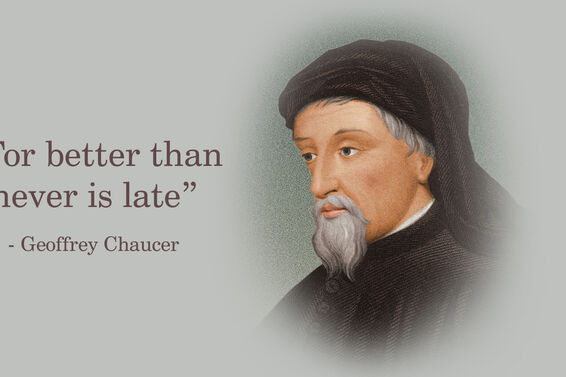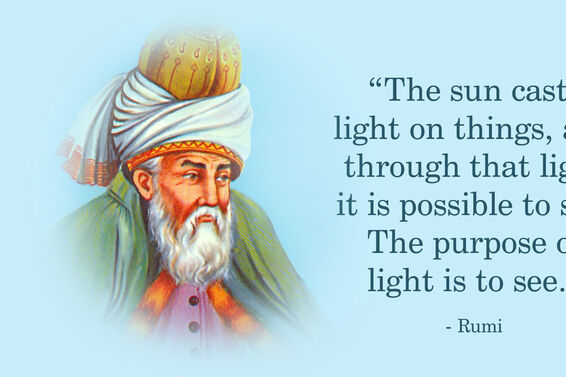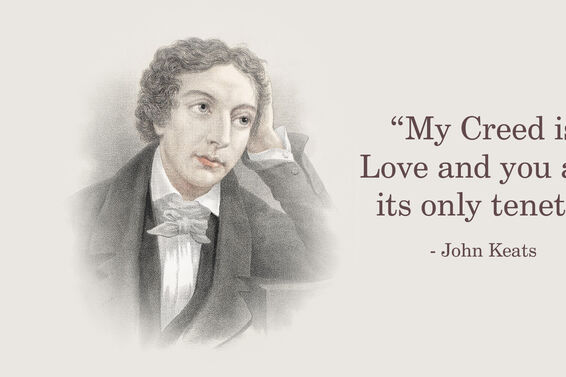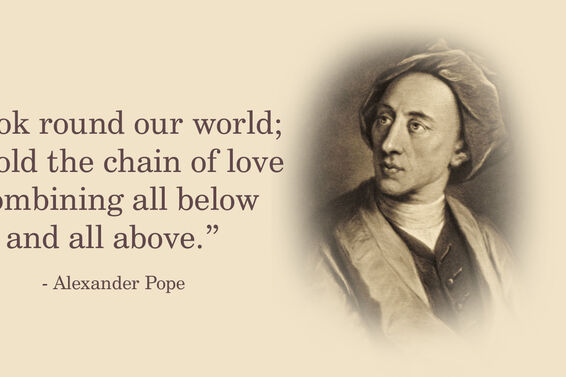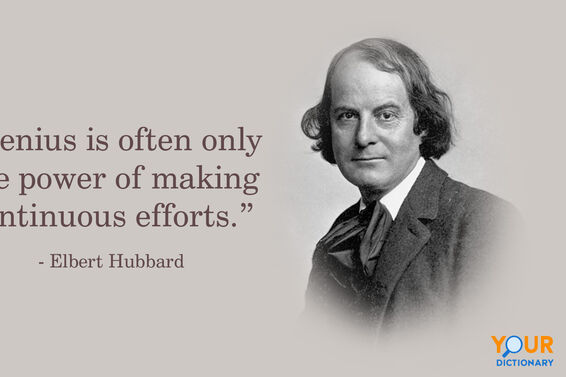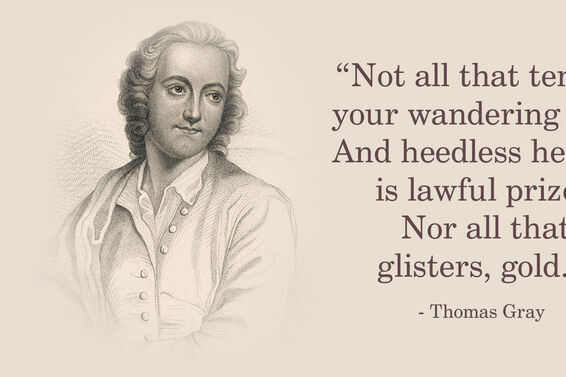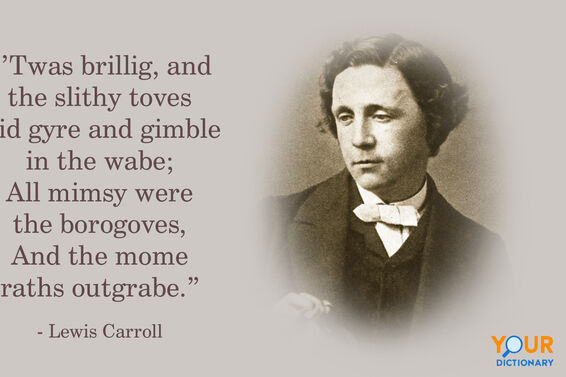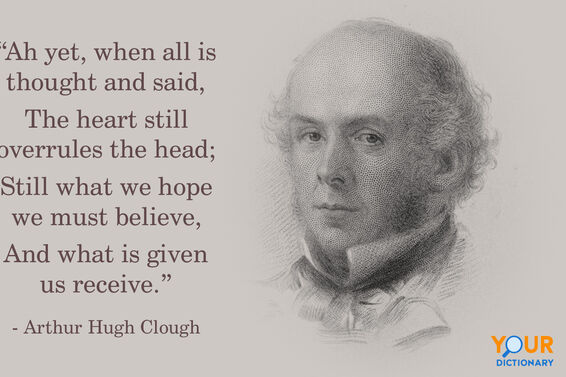Explore Authors & Poets
Browse Articles in Authors & Poets
- 35 Aldo Leopold Quotes That Can Change Your Perspective
- Samuel Taylor Coleridge Quotes to Help You Appreciate Poetry
- 25 Best Robert Burns Quotes That Speak to the Poet In You
- Ralph Waldo Emerson Quotes to Give You a New Lease on Life
- Aleksandr Pushkin Quotes From His Historical Works
- Shirley Abbott Quotes to Amuse and Inspire
- Laurell K. Hamilton Quotes That Will Stay With You
- 30 William Makepeace Thackeray Quotes That Feel Otherworldly
- Famous Percy Bysshe Shelley Quotes That Live On In History
- The Top Nevil Shute Quotes You’ll Never Forget
- Famous Henry David Thoreau Quotes That Uplift and Stimulate
- 25 Best Thomas Hardy Quotes That Touch the Soul
- 25 Robert Frost Quotes That Cover Life, Love and Beyond
- Powerful Samuel Johnson Quotes That Will Make You Think
- 30 Jonathan Swift Quotes That You Won't Soon Forget
- Pseudonym Examples Across History
- What Is an Eponym? Meaning and Popular Examples
- Maya Angelou Facts: Her Life & Literary Legacy
- Mark Twain Quotes on Life That Tell It Like It Is
- Oscar Wilde's Reputed Last Words
- 15 Dr. Seuss Facts That Aren't Nonsense
- 12 Distinctive Emily Dickinson Facts
- What Is a Poet Laureate? Brief History and Facts
- 15 Edgar Allan Poe Facts: The Man Behind the Myths
- Robert Frost’s Poems and Unique Writing Style
- Beloved and Other Famous Books by Toni Morrison
- Complete List of Books and Other Works by Jane Austen
- Books and Literary Works Written by José Rizal
- Why Is Shakespeare Called the Bard?
- Shakespeare Translator
- José Rizal Life Timeline


